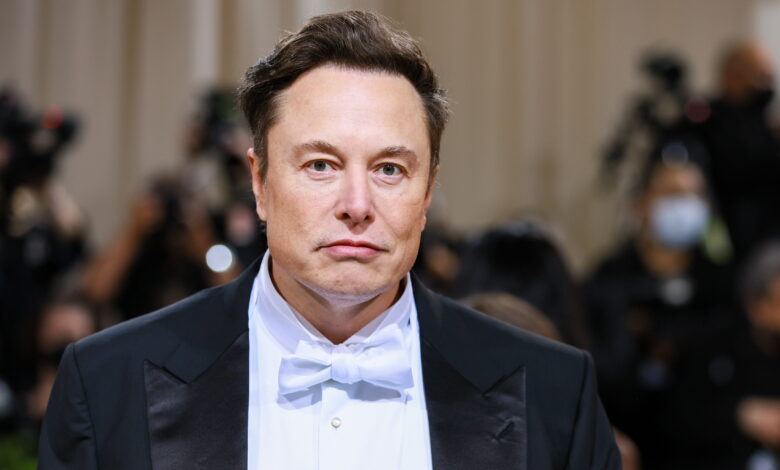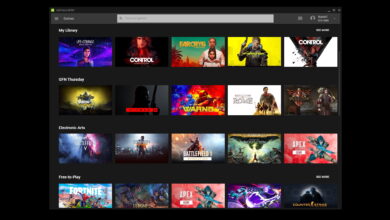
It’s been a while since we’ve checked in on this year’s most farcical (and yet high-stakes) non-acquisition, Elon Musk’s abortive attempt to buy Twitter outright, and for fans of internet drama this thing is the gift that keeps on giving.
A quick primer: Musk originally offered to buy Twitter for $43.4 billion in April, entering into a definitive agreement roughly a week later, then spent several weeks griping about bots on the platform before announcing he was going to pull the plug. No way dude, said Twitter, and launched a lawsuit that could ultimately force Musk to go through with it (though this outcome is extremely unlikely).
Musk’s legal team has since then tried unsuccessfully to have the trial moved to 2023, while Twitter’s lawyers took off the gloves and outright accused the billionaire of ‘sabotage’. With the trial date set for October 17, Musk’s lawyers have been trying to come up with various reasons for why the deal should be terminated and received manna from heaven in the form of Twitter’s former head of security Peiter ‘Mudge’ Zatko: who in August became a whistleblower, telling CNN about “major security problems that pose a threat to [Twitter’s] own users’ personal information, to company shareholders, to national security, and to democracy.”
Needless to say, Musk’s lawyers have focused-in on Zatko’s testimony and now his severance payment. Among Zatko’s claims were that Twitter was using suspicious metrics in order to downplay the number of ‘fake’ accounts, which Zatko must have known would feed beautifully into Musk’s bot narrative. Musk’s lawyers responded by filing a termination notice based on the revelations last month, essentially saying Zatko was proving Musk’s point, before issuing a subpoena to Zatko demanding a deposition and various documents. They also tried to use this as another excuse for a delay, which was turned down last week.
Things have now taken yet another turn, following a Wall Street Journal report last week that claimed Zatko received an eye-watering $7 million when leaving the company (he’d only been hired in 2020), which Musk’s lawyers say violates a clause in the acquisition agreement. In a notice filed with the SEC on Friday, one of Musk’s lawyers writes that the “severance payment violated Section 6.1(e) and cannot be cured. Defendants are thus not required to close under Section 7.2.”
This is the third termination notice they’ve filed, which leads to the following rather convoluted but amusing clause:
“Although the Musk Parties believe this termination notice is not legally necessary to terminate the Merger Agreement because they have already validly terminated it pursuant to the July 8 termination notice, the Musk Parties are delivering this additional termination notice in the event that the July 8 Termination Notice or, alternatively, the August 29 Termination Notice is determined to be invalid for any reason.”
The idea that the world’s richest man thinks an inflated Silicon Valley payout is reason for not concluding the deal is, of course, something of a stretch. But clearly his lawyers are going to try any and everything.
(Image credit: Twitter)
Twitter, for its part, denied Zatko’s claims and said he’d been fired for poor performance. That’s one heck of a payout for poor performance! It should also be noted that, among people who know about these things, Zatko’s reputation is extremely good.
One final interesting thing happened in recent days. Former Disney CEO Bob Iger spoke about when the House of Mouse considered acquiring Twitter in 2016, before having second thoughts as the nature of the company became clear. Iger was speaking at the Code Conference, as reported by Vox, and said some things that will probably result in yet another termination notice being filed by Musk’s lawyers before too long. Iger said:
Yes, it’s a great solution from a distribution perspective. But it would come with so many other challenges and complexities that as a manager of a great global brand, I was not prepared to take on a major distraction and having to manage circumstances that weren’t even close to anything that we had faced before.
Interestingly enough, because I read the news these days, we did look very carefully at all of the Twitter users—I guess they’re called users?—and we at that point estimated with some of Twitter’s help that a substantial portion—not a majority—were not real.
I don’t remember the number but we discounted the value heavily. But that was built into our economics. Actually, the deal that we had was pretty cheap.
Then you have to look, of course, at all the hate speech and potential to do as much harm as good. We’re in the business of manufacturing fun at Disney — of doing nothing but good, even though there are others today that criticize Disney for the opposite, which is wrong. This was just something that we were not ready to take on and I was not ready to take on as the CEO of a company and I thought it would have been irresponsible.
Well well well. The trial date is set for October 17, and the Musk strategy seems clear: bots, security, payouts, anything will do really. Musk for his part has laid off the more public twitter beefing, though after complaining about the male characters in the new Lord of the Rings series he did claim that 90% of replies to the tweet were from bots (with a screenshot that only shows two bot accounts, but whatever).
“Musk apparently believes that he—unlike every other party subject to Delaware contract law—is free to change his mind, trash the company, disrupt its operations, destroy stockholder value, and walk away,” Twitter’s suit reads. “This repudiation follows a long list of material contract breaches by Musk that have cast a pall over Twitter and its business.”
Should the court compel Musk to complete the deal, which is one of the powers of a chancery court, it would be at the initially agreed price of $54.20 per share, which values the social media company at approximately $45 billion. The current share price is just under $42. The penalty fee for welching on the deal would be $1 billion.
That outcome is less likely than some sort of settlement down the road, though the wildcard here is Musk himself, who is both an individual of remarkable accomplishments and someone who occasionally does bizarre and outright trollish things. Twitter may just want a decent settlement: what Musk ultimately wants or ever wanted remains a mystery that won’t be solved with poop emojis.






